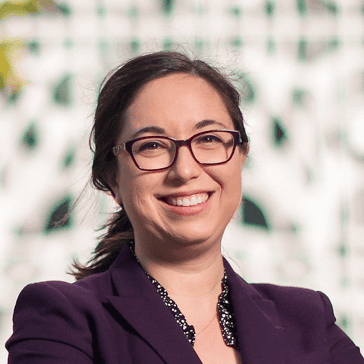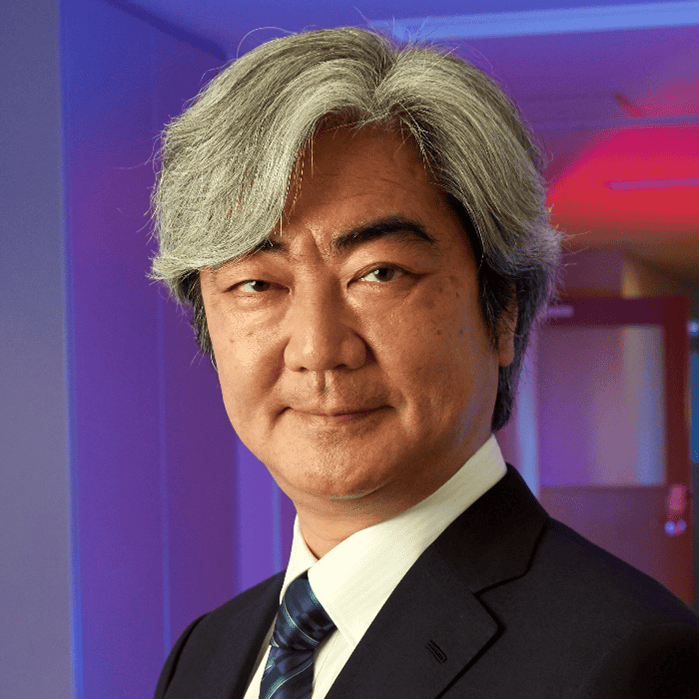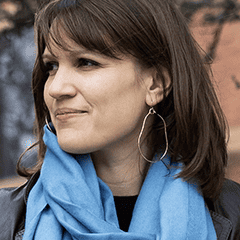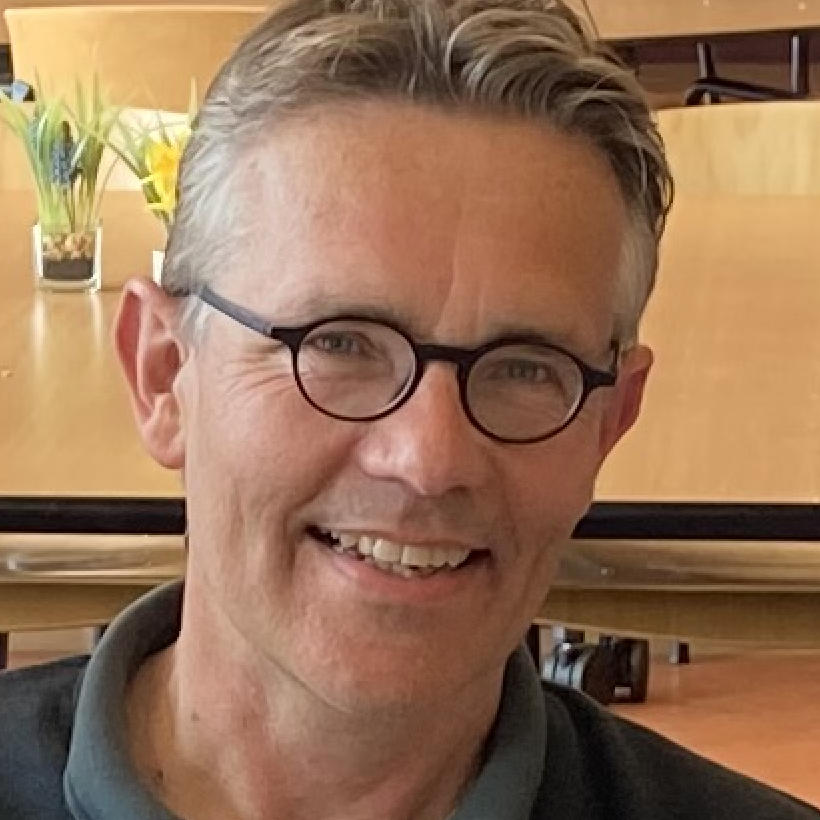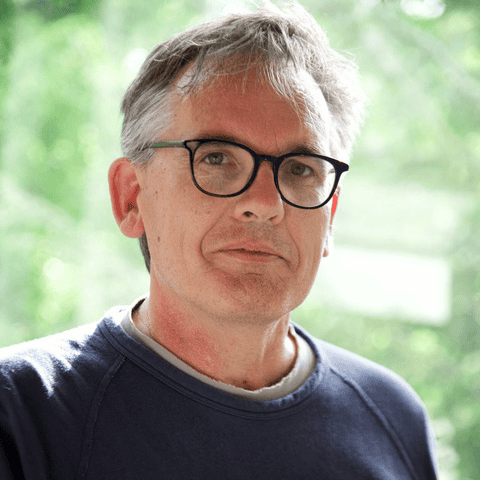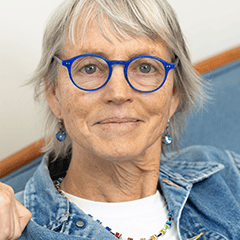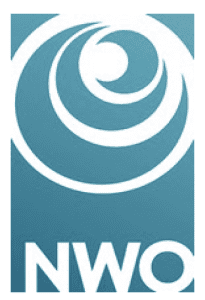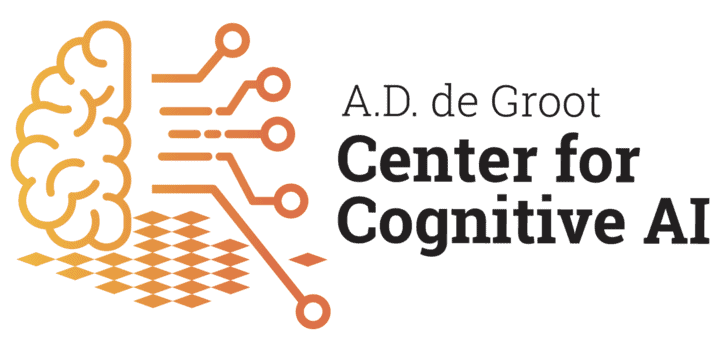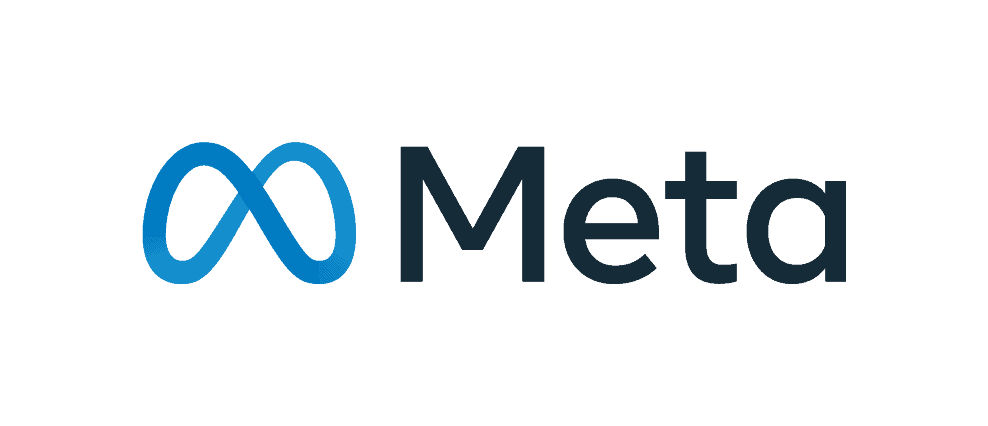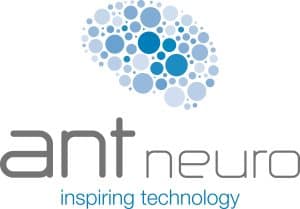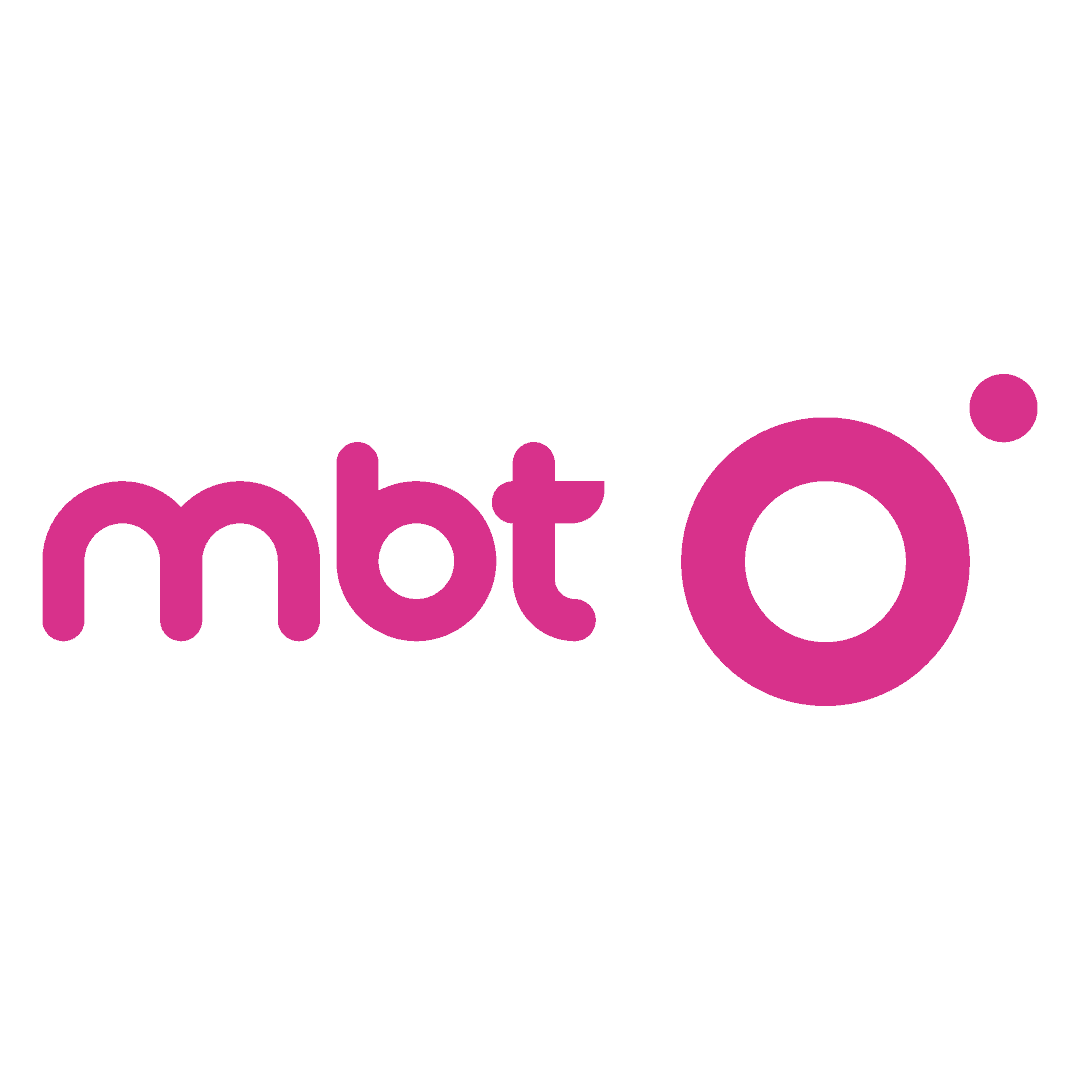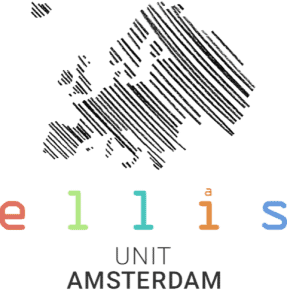Thank You for Attending CCN 2025
The 8th annual conference on Cognitive Computational Neuroscience was held at the University of Amsterdam from Tuesday, August 12 through Friday, August 15, 2025.
Explore the Schedule of Events.
2025 Accepted Submissions
CCN 2025 featured two parallel submission tracks: a long, full paper Proceedings track (8 pages) and a short Extended Abstract track (2 pages), see Call for Papers. CCN received 103 Proceedings and 508 Extended Abstract submissions. Proceedings submissions underwent in-depth, high-quality peer review, and the top-25% of submissions were competitively accepted for publication. All accepted Proceedings papers are provided in OpenReview. Extended Abstracts that aligned with the conference scope were unconditionally accepted and can be found in the Poster overview. A selection of Contributed Talks was made from both submission tracks based on community peer review.
2025 Keynote Speakers
About the Conference
CCN is an annual forum for discussion among researchers in cognitive science, neuroscience, and artificial intelligence, dedicated to understanding the computations that underlie complex behavior. The conference began in 2017, with a goal to deepen interactions between these disciplines and to discover ways that the communities can benefit one another and leverage each other’s successes, articulated in this TICS commentary paper.
The conference is primarily single-track featuring keynote speakers and oral presentations. Paper submissions are presented as posters with a few additionally selected for oral presentations. Community-proposed programming happens in single-track and parallel sessions, including "GACs", "K&Ts", and other community events. Generative Adversarial Collaborations (GACs), are symposia designed to clarify theoretical debates and scaffold forward progress. Keynote-and-Tutorial presentations (K&Ts) foster science and skill-building, presenting cutting-edge science as a talk, followed by the code and a tutorial of how to execute those methods. Open events are designed to welcome all creative ideas for community building, skill building, science exchange, mentorship and career development. We aspire to have an active, open, and responsive culture to meet the needs of this dynamic growing field.
We encourage participation from experimentalists and theoreticians investigating complex brain computations in humans and animals. CCN will draw researchers that address challenges including (and not limited to):
- Understanding brain information processing underlying real-world tasks that involve natural stimuli, rich knowledge, complex inferences, and behavior
- Measuring and expanding the representational competencies of modern AI systems
- Understanding commonalities and differences between biological and artificial intelligent systems
- Using techniques from machine learning and artificial intelligence to model brain information processing, and, conversely, incorporating neurobiological principles in machine learning and artificial intelligence
- Mechanistic interpretability of deep neural network models and the science of deep learning
- Revealing principles of brain connectivity and dynamics at multiple scales
- Using psychophysical techniques to relate sensory inputs to behavioral responses
- Developing cognitive- or neural-level models of perception, cognition, emotion, and action
- Representation learning and representational alignment

